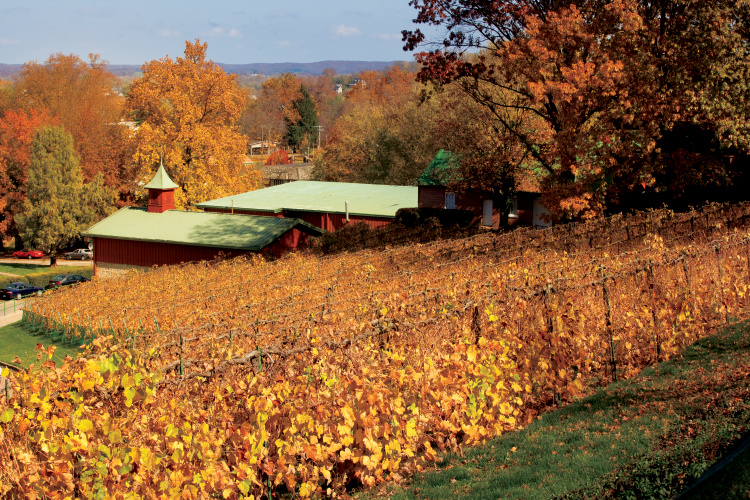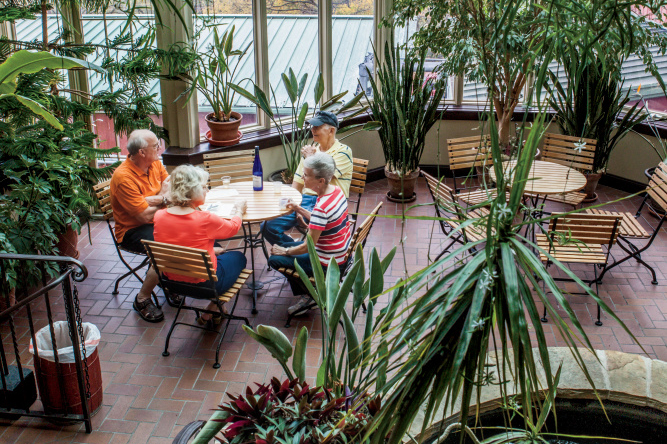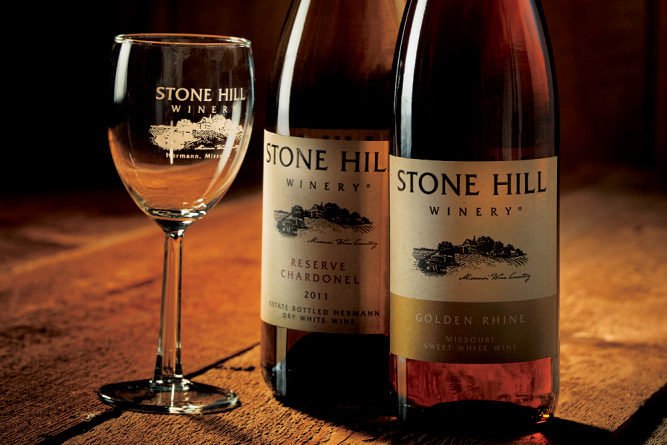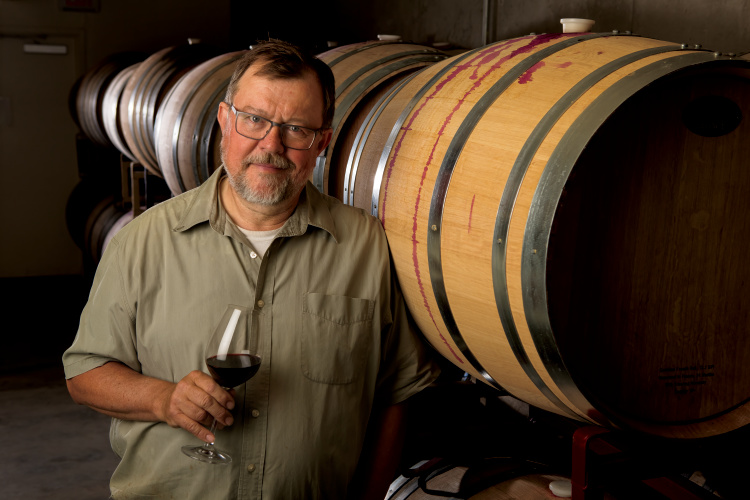Home > Missouri > Missouri Agritourism > Missouri’s Wine and Grape Industry is Booming
Missouri’s Wine and Grape Industry is Booming

Pop a cork and raise a glass to Missouri’s top-of-the-line wine. Not only is the state’s wine industry booming, but it is also a leader in growing and developing resilient wine grapes.
Overall, Missouri is home to 1,700 acres of grapes and over 130 wineries.
“Wine and grape production is key to Missouri agriculture,” says Jim Anderson, executive director of Missouri Wines. “However, grapes and vineyards are often overlooked when people consider what commodities are produced within the state. Vineyards and wineries are unique, in that unlike many other traditional farms, they are able to more directly connect their end product to consumers.”
He notes that the grape and wine industry’s economic impact is great in areas not affected by most other ag industries.
“The Division of Tourism advertises wineries in many television markets because of appeal to the same demographic group that tends to travel the most,” Anderson says. “When wineries are built, bed-and-breakfasts, restaurants, motels, craft shops and other tourist attractions soon follow. As the industry matures, these ‘clusters of tourism’ are developing statewide.”

Grape Research at the University of Missouri
According to Anderson, researching wine grapes reduces production costs and increases the market value of both grapes and wine, in turn increasing grape production.
“New grape varieties that produce high-quality wines will likewise augment production and sales,” he says. “These efforts will promote a long-term increase in industry profits and boost national recognition of Missouri vineyards and wineries.”
Dean Volenberg, of the University of Missouri Grape and Wine Institute, says growing Missouri’s wine industry takes a multifaceted approach.
As the Viticulture and Winery Operations Extension Specialist, Volenberg helps growers solve problems. Once a problem has been identified, he consults research specialists. The extension staff also includes enology research leader Misha Kwansiewski, whose work largely involves looking at factors in grapes that affect the quality and taste of wine, and research specialist Connie Gwoyuh Lie. However, collaboration goes far beyond the University of Missouri, involving St. Louis University and Missouri State University.
A $4.6 million grant from the National Science Foundation to St. Louis University is helping researchers understand how root systems of grapevines affect the vine’s stems, leaves and fruits. Meanwhile, Missouri State University’s viticulture program produces and bottles wine from grapes grown at the Missouri State Fruit Experiment Station.
According to Volenberg, one of the major driving factors of Missouri’s industry is new grape cultivars. Missouri is well known for its weather extremes such as long, hot summers, so finding resilient cultivars is vital.
If grapes are identified, they are grown in experimental patches and observed and researched, then it’s determined if they make quality wine that meets Missouri’s high standards.

Meet the Vintners Making Missouri Wines
In Kansas City, Vox Vineyards – sold under the TerraVox label – is growing about 40 varieties of wine grapes. It is currently growing 7 acres under vine and planning another half dozen. Owner and founder Jerry Eisterhold says the species were bred from grapes that have developed natural defenses against diseases and pests specific to Missouri’s climate.
Like other vineyards, Vox has faced and overcome challenges of growing wine grapes in the local climate.
“Besides the normal challenges of growing grapes in the humid, fungal-prone Midwest, there’s the matter of ‘atypicality’ of these grapes,” Eisterhold says. “Other than Norton, there’s little in the way of a roadmap for these diverse varieties, each with its own growth patterns, ripening/harvest window, physiological development and flavor profile.”

One of the challenges is that some cultivars have had high acid and low brix.
“Wetumka, a white grape, is an example where we decided to embrace this character and find balance in the wine by leaving some residual sugar and allowing it to be low in alcohol,” Eisterhold says.
Another winery, Stone Hill Winery in Hermann, is also growing grapes chosen for the Missouri climate.
“All grape varieties are chosen to perform well in our climate, our specific farms and on our soil types,” says Nick Pehle, vineyard manager. The biggest challenge they face is the weather.
“Our biggest way to overcome frost and cold weather is site selection,” Pehle adds. “All of our farms are above 900 feet in elevation and are on well, air, and water-drained slopes and mostly irrigated.”



